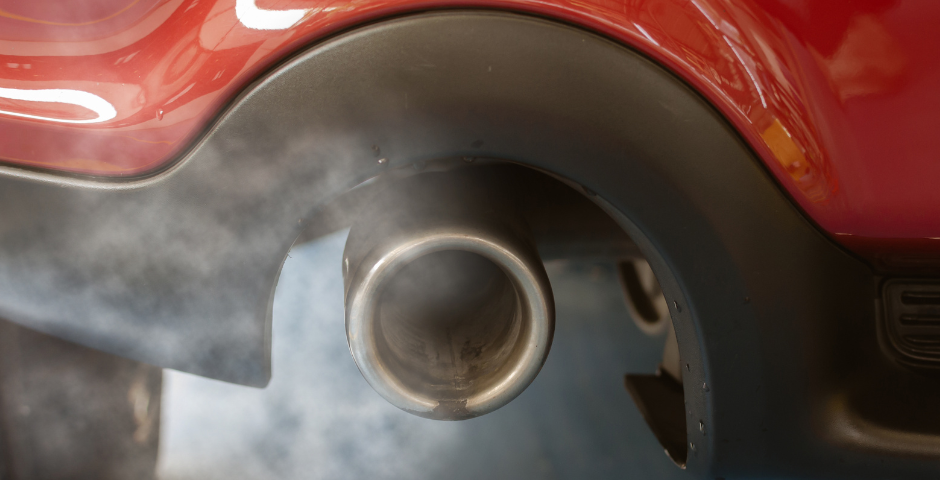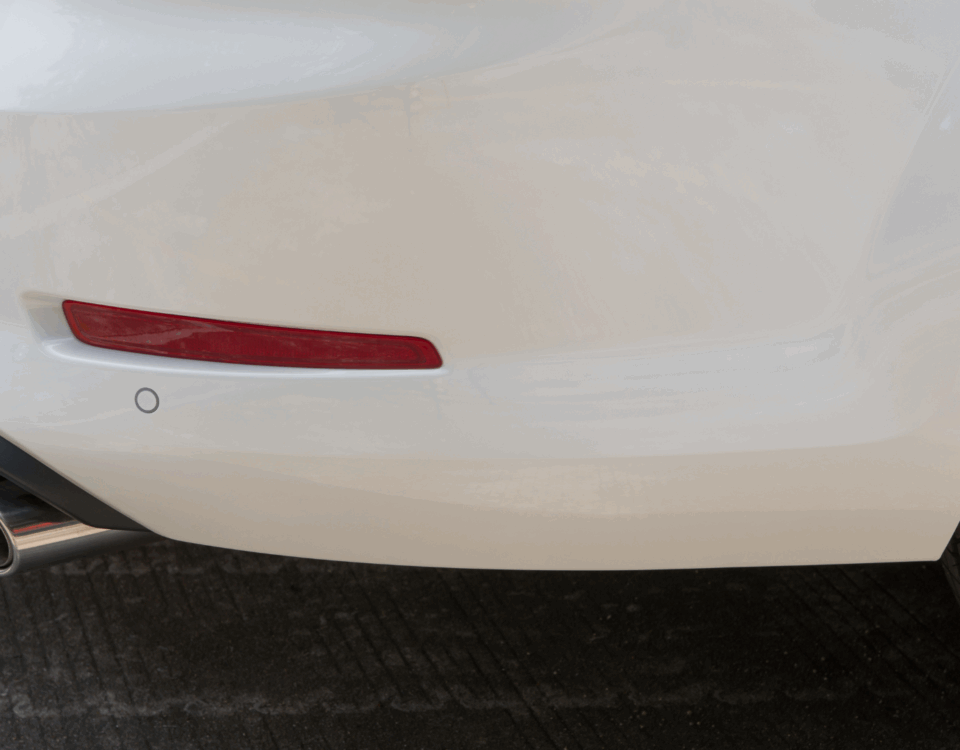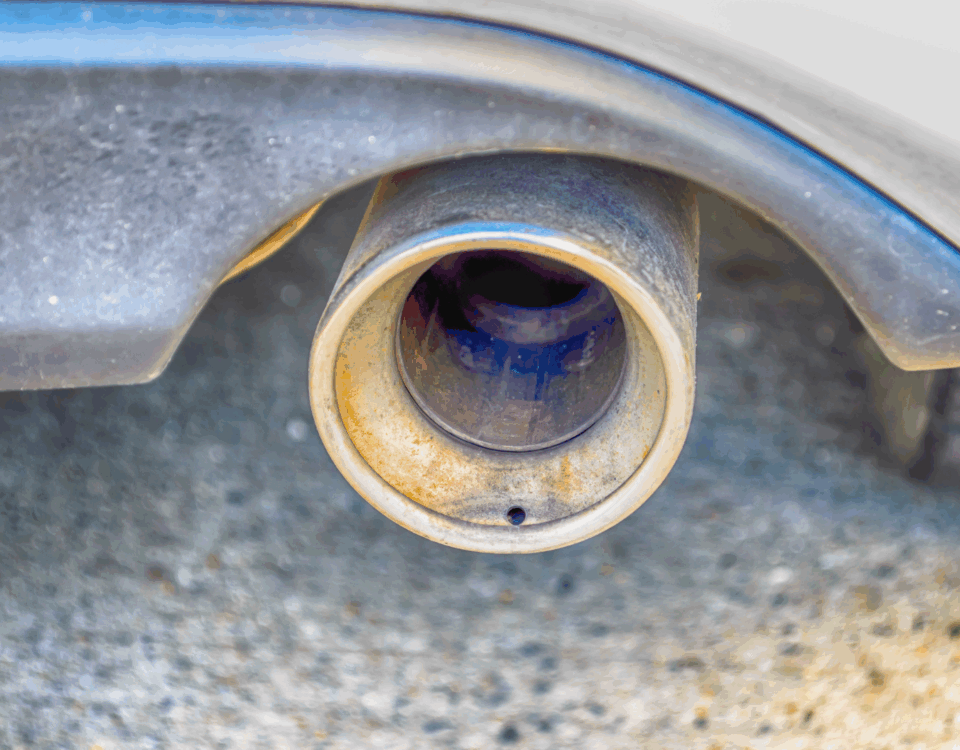
Understanding the Results of Your Car’s Smog Test
March 14, 2023Exploring the Hidden Gem: The Museum of the San Fernando Valley
March 26, 2023What Is a Smog Test and Why Do I Need One for My Car?
A smog test is a process that checks the emission level of your vehicle’s exhaust. It’s a good way to ensure that you don’t have any smog-related issues that could impact your car’s performance or safety, and it also helps the environment by keeping air pollution levels down.
Smog Checks and Why Do I Need One?
Smog testing is necessary for vehicles that are registered in the state of California, and it is a requirement that all gas-powered vehicles are tested every two years. However, some older models of cars are exempt from this requirement.
The smog testing process is regulated by the Environmental Protection Agency (EPA). It’s designed to reduce air pollution and improve public health in the United States.
What Is Smog?
A smog test measures the level of hydrocarbons, oxygen, carbon monoxide and oxides of nitrogen in your vehicle’s exhaust. This information is then used to determine whether your car is in compliance with federal and state laws and regulations.
Depending on your state, smog tests may be required yearly or twice per year. They’re designed to keep your car in top shape and save you money in the long run.
If you pass the smog test, it means that your vehicle is in compliance with all of the smog rules and regulations. In the event that you fail, it’s important to get the problem fixed right away.
You can find a smog repair shop near you by calling your local state or city. The smog repair shops will diagnose the issue and recommend how to fix it.
The most common problem that can cause your smog test to fail is a catalytic converter that’s defective or leaking. The catalytic converter is the part of your car’s emissions system that deals with carbon monoxide. If the catalytic converter is faulty, it will not be able to properly deal with the carbon monoxide in your exhaust.
Other smog problems include engine sensors that are not functioning correctly or a fuel pump that isn’t working properly. These types of problems can cause excess fuel to enter the combustion chamber, making it difficult for your car’s engine to burn it efficiently.
Smog Problems and How to Fix Them
Many smog-related problems can be fixed by simply replacing the parts that are causing the problem. These repairs can be performed by a mechanic or car dealer, and they are typically fairly inexpensive.
Smog Problems and How To Avoid Them
Keeping your vehicle in top shape is the best way to avoid smog problems. By following your manufacturer’s maintenance schedule, you can ensure that your car’s emissions are as clean as possible, while still maintaining its performance.
It’s also a good idea to keep your car on the road at all times, as this can help to reduce smog problems and maintain your emissions. You can do this by taking your car in for a tune-up and oil change regularly, or by purchasing an oil filter that is rated to prevent smog-related issues.






